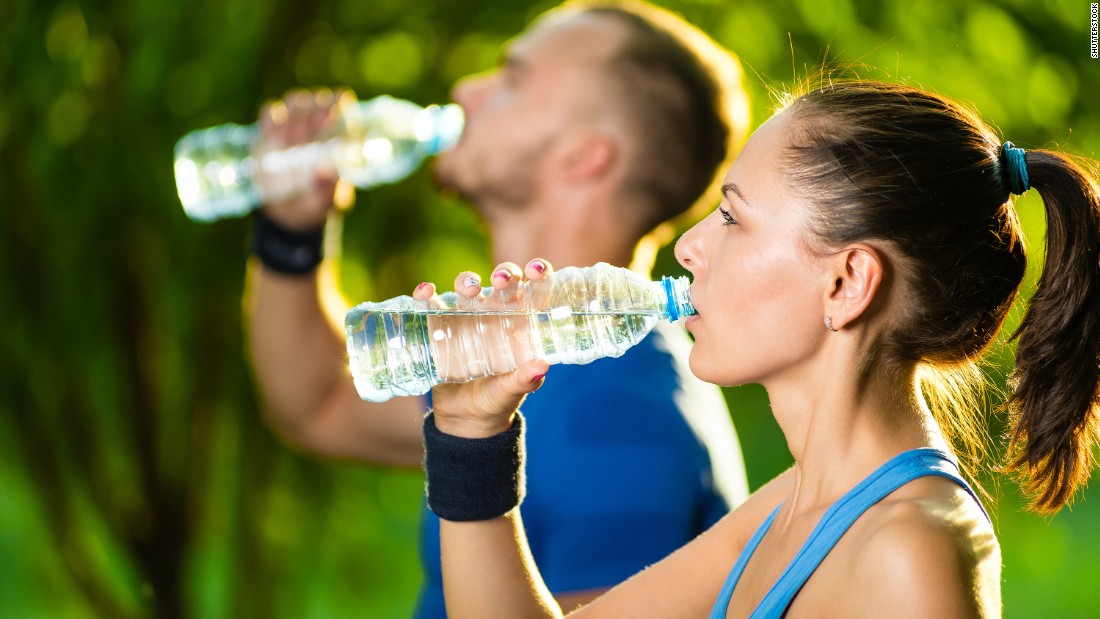
Exercise has many health benefits, but is there more or less benefit to working out on an empty stomach? The pros and cons of working out on an empty stomach has been debated for a while, and you can find arguments for both sides.
Keep in mind, there isn’t one perfect time of the day for working out. Whenever someone chooses to workout, timing meals before and after exercise can help fuel the body appropriately.
Here are some pros and cons of working out on an empty stomach and factors that may make it beneficial or not.
Easier on the Digestive Tract
An empty stomach can be defined numerous ways. It can mean waiting long enough after a meal before exercising to minimize digestive issues during exercise. For example, waiting at least 1-2 hours after a light meal can be beneficial before doing cardio exercise like a run. This will decrease the chance of stomach cramps or other undesirable side effects when running.
Everyone has a different perspective of what an empty stomach feels like. Some people feel their stomach is empty after 2 hours eating and be fine when exercising. Other people may feel the need to wait 3-4 hours for an empty stomach before exercising.
The term empty stomach can mean you don’t feel weighed down from eating a large meal, but you probably have enough nutrition stores in your body to fuel your workout.
It doesn’t have to mean you are starving or have been intentionally fasting. Simply waiting long enough after eating can mean the blood flow can go to muscles when working out instead of competing with the digestive system.
How is your energy level?
Exercising when you feel hungry or really low energy can be counterproductive. If you’re hungry and/or low energy when trying to exercise, your effort may be severely lower than if you exercised with higher energy levels. This may be considered a con to exercising on an empty stomach if you wait too long since you’ve ate.
If you feel hungry or really low energy, you may want to eat something small to give your body some quick energy. Examples could be a banana, ½ or full protein or granola bar, ½ c oatmeal, etc. Something small like this may help your brain and body have a better workout than if you try to exercise on “E”. See also: What to eat before you work out for maximum results
Increasing fat burn
Some rationale behind exercising on an empty stomach, or in a fasted state, is that the fat burn may be higher compared to exercising after you just ate. The thought is that people normally rely on carbohydrate stores, glycogen, to fuel moderate to high intensity workouts.
If your body is empty of glycogen stores, the body may turn to using fat more as a fuel when in a fasted state.
This is why some people advocate to exercise in a fasted state, like when you first wake up in the morning. However, research showing an increased fat burn when exercising in a truly fasted state is not clear.
A 2011 study from the Journal of Strength and Conditioning concluded that fat burn was pretty much the same when exercising in a fasted state compared to after a meal. This study also found that exercising in a fasted state could increase muscle break down.
Some other research studies bring up the point that exercising in a fasted state will increase muscle breakdown, which in general is not a beneficial thing. So, therefore exercising on an empty stomach, meaning after about an 8 hour fast, may be a con considering it can increase muscle break down.
Working out in the morning
Some people naturally like to exercise first thing in the morning, after a night long fast, because they enjoy working out first thing in the morning or maybe they feel it’s best for their digestive system.
If someone doesn’t eat anything though, they could increase muscle break down instead of building muscles.
To combat this, someone could eat something small before exercising. Also, to combat the muscle breakdown eat something right after exercise. Eating right after exercise can stimulate muscle growth and restoring muscle glycogen stores.
Eating something that provides carbohydrates, like fruit, vegetables, dairy or whole grains, with a protein source can best fuel muscles after exercise.
Keep it practical
Anytime you can get out for exercise is great. Even if your physical conditions are not exactly perfect, don’t let it stop you from moving your body. The body is adaptable. Remember, fueling after exercise is an important part of your program if you work out in a truly fasted state.
Timing your exercise in between meals makes sense, and most people don’t have to worry about not having enough fuel for exercise this way. Increasing fat burn can be done with varying your exercise intensities, not necessarily working out after fasting for multiple hours.